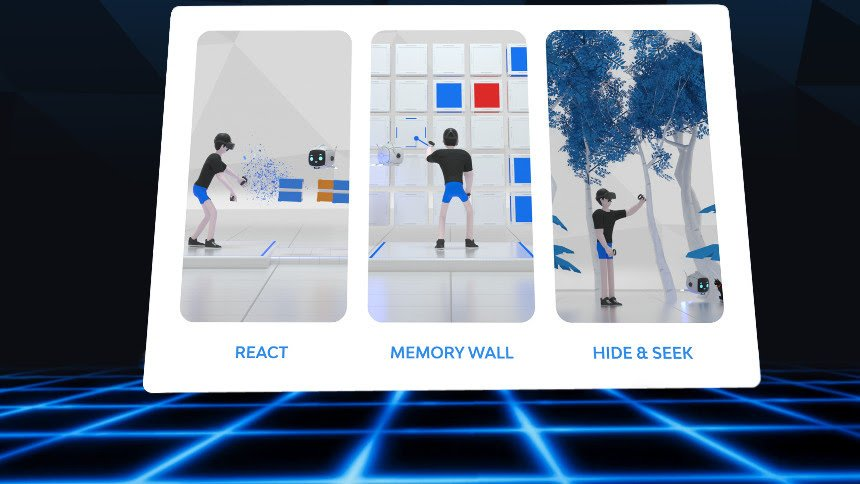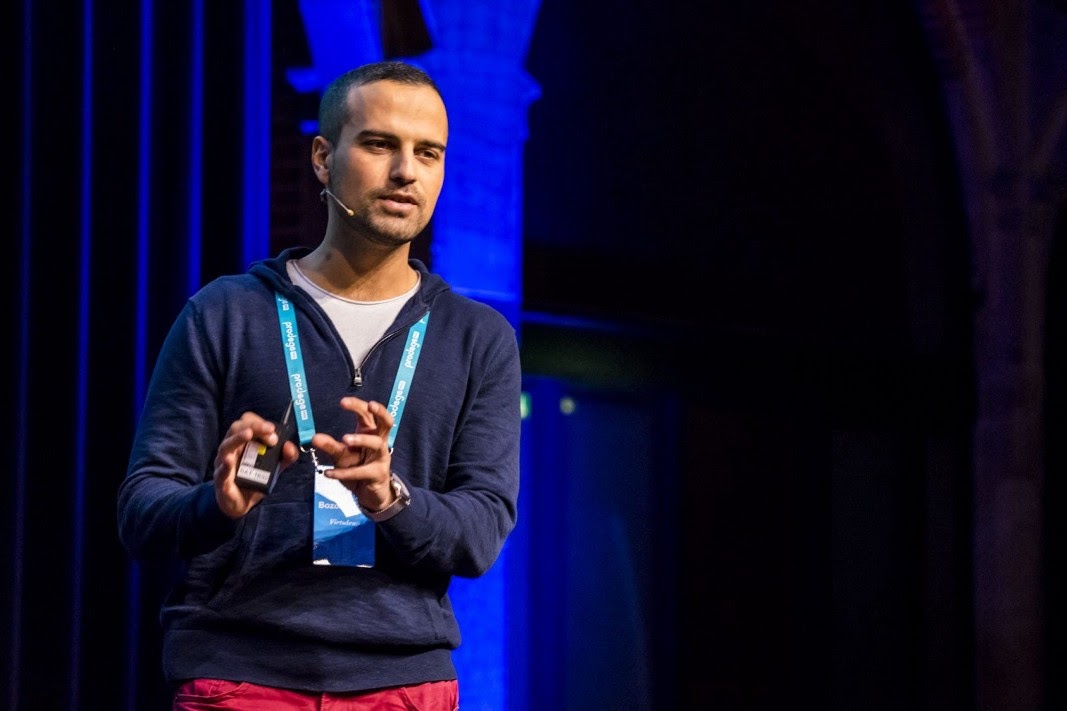Fitness and health industries are merging. Virtuleap – a health and education VR startup – is part of this wave. They aim to elevate the cognitive assessment and training industry with the help of VR and AI technologies.
Founders: Amir Bozorgzadeh (CEO & Co-founder) & Hossein Jalali (CTO & Co-founder)
Website: virtuleap.com
LinkedIn: company/virtuleap/
“Our vision is to bring together the best of the worlds of brain training apps, and neuropsychological assessment tools used in the medical field to monitor cognitive health.” — Amir Bozorgzadeh, CEO and co-founder of Virtuleap (as told to Forbes)
Numbers: Virtuleap has raised a total of $1.1million in funding over seven rounds. Virtuleap is funded by nine investors.
Target group: Virtuleap work with a wide range of user groups, both individuals and organizations — from the aging population with cognitive conditions such as dementia and Alzheimer’s, to professional athletes and teams who train with Virtuleap to potentially amplify player performance. In 2021, they have 12 clinical partnerships and six clinical study trials across the U.S. and Europe.
Problem: Cognitive skills like learning, reading, and remembering decline over time, as it is a common process in healthy aging. However, mild cognitive impairment affects more than 420 million people around the world. It is more present in people suffering from dementia, which is one of the most significant public health concerns in aging populations. It also has a high risk of developing into Alzheimer’s disease — one of many cognitive illnesses that have no cure.
Provided solution: Cognitive training encourages neuroplasticity through cognitive stimulation. Using virtual reality in conjunction with big data and AI can create powerful tools to bring about meaningful change in healthcare and education amongst our target groups. Research demonstrates that VR engages multiple learning systems, making it a more effective and natural environment for cognitive training, than 2D screen-based brain training apps.
Virtuleap work with a multidisciplinary team of developers, designers, auditory scientists, cognitive scientists, and neuroscientists. Based on the latest neuroscience and behavioral science data and research, they create high-quality closed-loop games in their VR brain training app Enhance. The app is supported on select 6DOF (six degrees of freedom) Oculus Rift and Vive headsets. There are seven types of VR games and categories: “Hide and Seek” for spatial orientation, “Memory Wall” for building memory, “Pizza Builder” for attention, “React” for flexibility, “Magic Deck” for problem-solving and “Balance” for motor control. For example with “React”, you need to categorize approaching objects according to their shape and color into their corresponding portals.
The games are short, fun, and intense. You get a “Workout of the Day” WOD — a cognitive training that lasts 10 minutes. Each session comprises three mini-games, lasting between two and three minutes, which are chosen randomly from the game library (new games are released every month) and are different each day. The games are accompanied by auditory science-based sounds that bring you to an ideal cognitive state to enhance in-game cognitive performance. You can keep track of development or compare performance with other players thanks to personalized volumetric data reports. The platform shows how your general mood and sleeping hours affect performance.

Challenges:
- “As a company at the intersection of emerging tech and the sciences, the challenges come down to achieving the smallest milestones, one by one, in order to create the initial momentum required to convince investors that your reality distortion field has the potential to become real” — Bozorgzadeh shared with Ignite
- “VR tech also isn’t advanced enough to fully replicate the experience of exercising in the real world because VR devices are still quite bulky. This is a deterrent for many people. With the roll-out of 5G networks, VR devices could offload a significant amount of the processing over to edge servers — leading to lighter and slimmer form factors becoming readily available to the market.” — Bozorgzadeh said to Lifewire
- Currently, Virtuleap are working with leading medical institutions to validate the solution as an effective diagnostic and treatment. They are running clinical studies. The data collected through their platform contributes to the research of Alzheimer’s, Parkinson’s, and cognitive disorders like Schizophrenia.
Market trends: Competitors include Psylaris, C2Care, Inuka, and Virtual MH. Virtuleap are competing in the VR, health-tech, mental health, and fitness and wellness space. They predict the sector will boom, furthering education and health, but also offering VR experiences in a post-pandemic world. In five years, Virtuleap predict they will become a B2C company.
